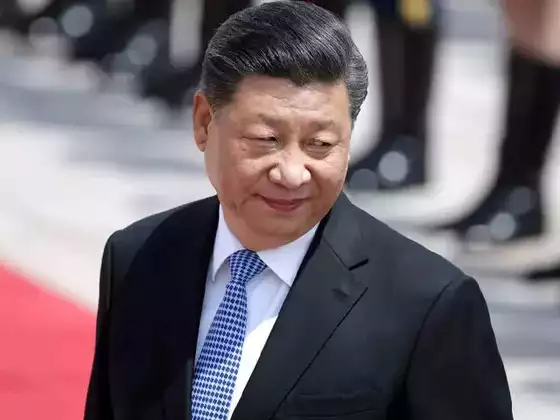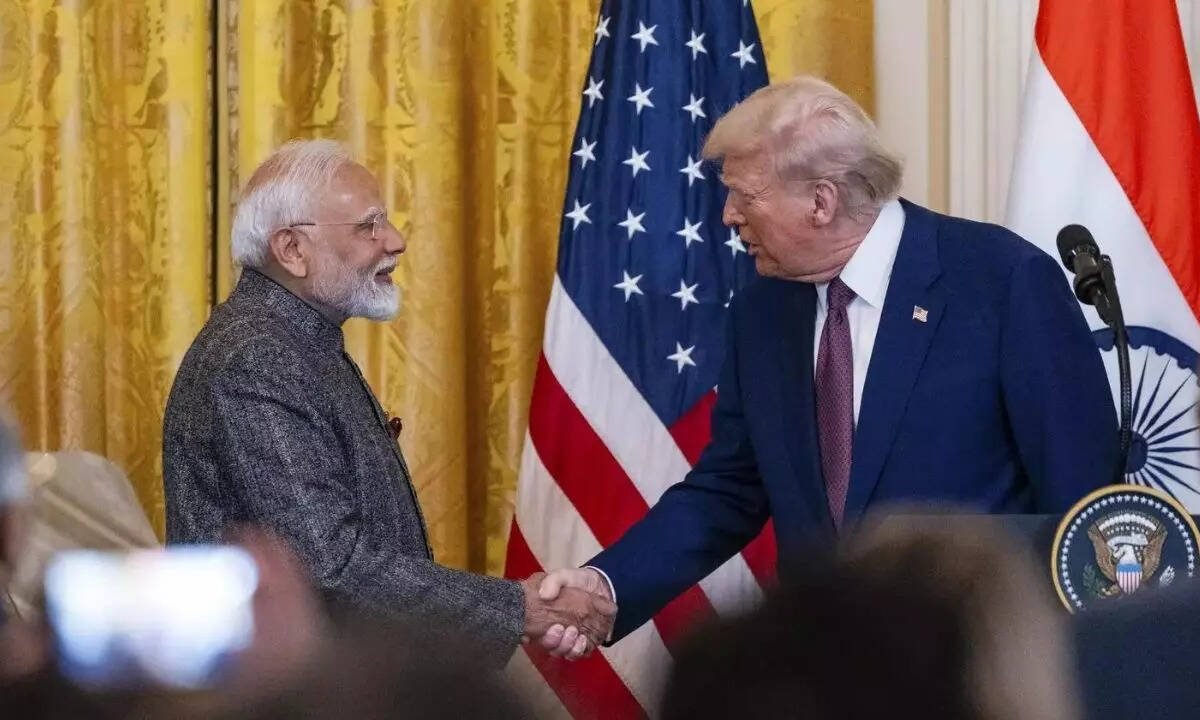The court noted that the right to a free and fair trial extends not only to the accused but also to the complainant-victim
The Punjab and Haryana High Court has made a groundbreaking decision by permitting a Canadian Non-Resident Indian (NRI) to provide his statement in a criminal case via video conferencing. The individual, Sukhmanjit Singh Dhindsa, faced challenges in securing an Indian visa due to strained diplomatic relations between India and Canada, as reported by HT.
Justice HS Brar, presiding over the case, emphasized the importance of ensuring a fair trial, citing Article 21 of the Constitution of India. The court noted that the right to a free and fair trial extends not only to the accused but also to the complainant-victim. Justice Brar observed, “Depriving an opportunity to the petitioner to depose through video conferencing, who is stuck in Canada due to a diplomatic standoff between India and Canada, would be violative of his right to free and fair trial under Article 21 of the Constitution.”
The decision emphasised that denying Dhindsa the opportunity to give his statement through video conferencing would cause significant prejudice to him as the complainant, potentially providing undue advantage to the accused persons
Sukhmanjit Singh Dhindsa is the complainant in a criminal case registered in September 2019, involving allegations of criminal breach of trust. The trial court in Hoshiarpur had closed prosecution evidence on October 25, a decision contested by Dhindsa in the high court.
In his plea, Dhindsa highlighted the initial permission granted by the trial court in Dasuya for recording his statement through video conferencing in July. However, in October, he faced challenges in securing a visa to visit India for recording his evidence, attributing it to the strained ties between the two countries. The trial court dismissed his subsequent application.
The high court, acknowledging the provisions of the Criminal Procedure Code, emphasized the legitimacy of recording evidence through video conferencing. Referring to the “Model Video Conferencing Rules” circulated by the Supreme Court, the bench underscored the necessity of this procedure when the physical presence of a witness cannot be ensured promptly. The decision emphasized that denying Dhindsa the opportunity to give his statement through video conferencing would cause significant prejudice to him as the complainant, potentially providing undue advantage to the accused persons.
************************************************************************
Readers








